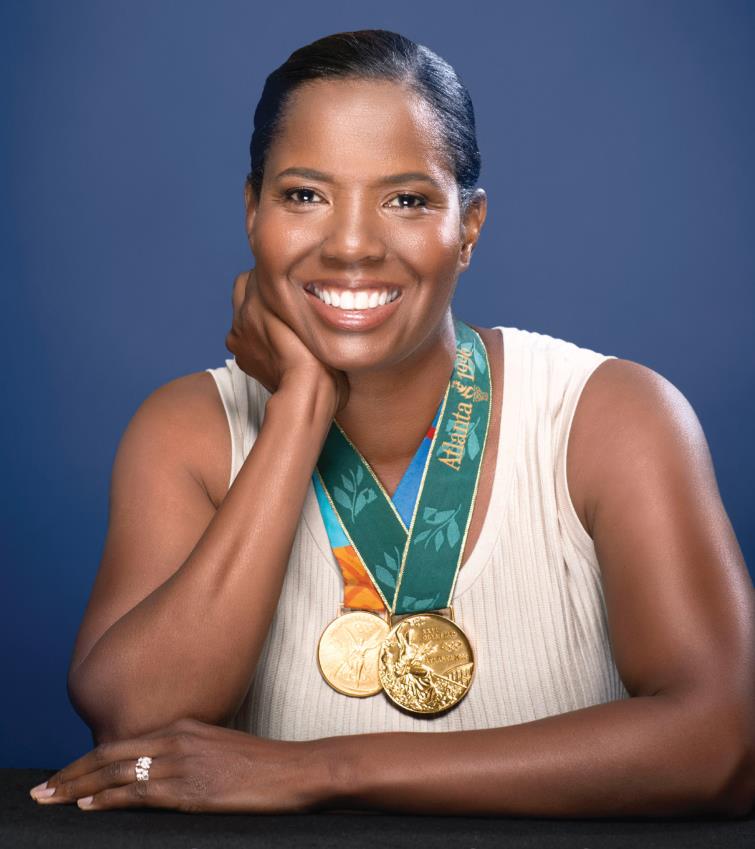Brianna Scurry, two-time Olympic Gold Medalist soccer goalie, was so gracious and generous with her time as I put together this article about the traumatic brain injury that left her broke and suicidal. Read the full article in the June/July edition of Brain and Life magazine.

From the article:
The on-field concussion that ended goalkeeper Briana Scurry’s soccer career on April 25, 2010, didn’t draw gasps from spectators or prompt medics to rush onto the field. Even Scurry, a two-time Olympic gold medalist and World Cup champion, was initially unaware of the severity of the damage.
She was guarding the goal for the Washington Freedom, part of the newly launched Women’s Professional Soccer league, when she lunged for the ball just as a forward for the opposing Philadelphia Independence also tried to get to it. The other player’s knee slammed into Scurry’s temple. Her first thought, after she briefly lost consciousness, was “Did I make the save?”
She had, and the ball was in her hands. “It wasn’t even a foul,” Scurry marvels. “I remember hearing, ‘Come on. Let’s go. Let’s play.’” So she kicked the ball away, reset herself in the goal, and blocked a few more scoring attempts until halftime began a few minutes later.
But when she walked off the field, her body listed to one side. Her head was pounding and her vision was blurry. A trainer with the league asked if she was okay. “I’d had concussions before, and I knew this one was different,” says Scurry, now 51.
The trainer helped her leave the field, and league doctors confirmed that she had been concussed, predicting a full recovery in a few weeks. When that didn’t happen, the doctors extended it to one month, then two. But the pain didn’t fade. “It would start behind my left ear every morning and creep up the back of my head,” she says, “and by early evening I was on the couch wondering if it was ever going to stop.” She tried to go on as normal with her life, but the pain was overwhelming. Five months later, she announced her retirement.
Before the injury, Scurry had been a fierce competitor and a beloved teammate, an inspiration for those who’d never seen a Black, gay athlete achieve such on-field success or speak out so much for gender equity in sports. After her injury, Scurry lived for three years with constant headaches that made her anxious and upset. She was unable to work or sleep well, struggled to perform routine tasks, and had problems with walking and balance. She became so depressed that she considered ending her life, once standing on a ledge overlooking a waterfall near her New Jersey apartment, preparing to jump. She didn’t, because she couldn’t imagine the pain her death would cause her already ailing mother.
Scurry’s brain, she says, “was broken,” but most doctors dismissed her concerns. The sports organizations that had once honored her stayed on the sidelines. Insurance providers questioned her workers’ compensation claims and the need for ongoing medical treatment. At one point, Scurry was forced to sell her Olympic gold medals to keep creditors at bay. “Every morning for three years I woke up and hoped it would be better, but it never was,” Scurry says.
Here’s that link again.